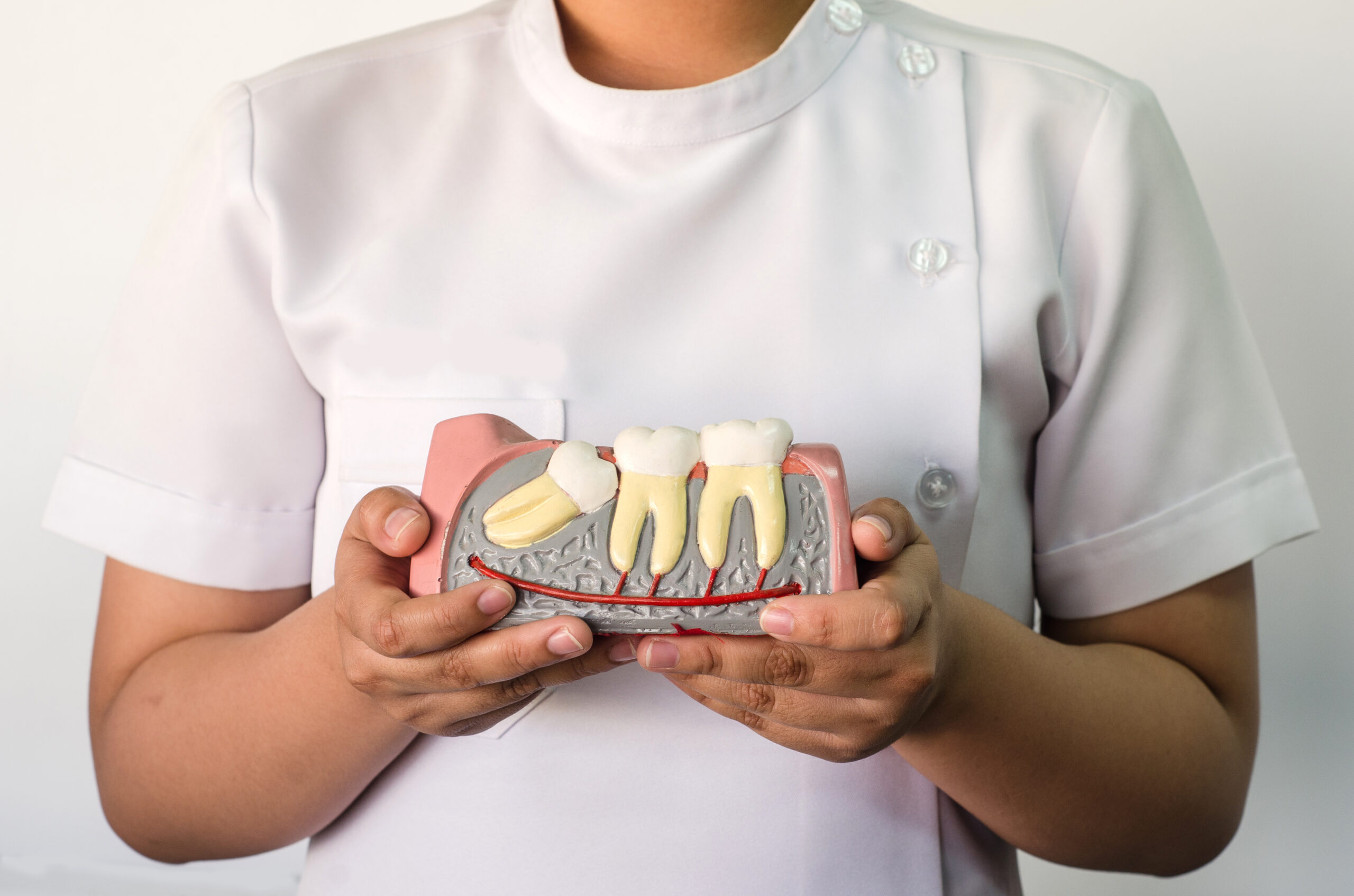Specialising in Dental and Wisdom Teeth Surgery for Optimal Oral Health
Our team is passionate about educating and empowering our patients to make better, well-informed decisions about their oral health. Part of this passion is busting myths and sharing some easy diagnosis tips so you can be pain-free, sooner. Today, let’s delve into a common concern many face – wisdom teeth removal. These third molars typically make their appearance during late adolescence or early adulthood. While not everyone experiences issues with their wisdom teeth, it’s essential to be aware of certain signs that may indicate the need for extraction.
- Pain
Wisdom teeth making their entrance can bring discomfort, ranging from a dull ache to sharp, throbbing sensations. This pain often signals impaction or crowding issues, indicating that extraction may be necessary for relief.
- Swelling and redness
Keep an eye out for swelling and redness around your wisdom teeth. These signs may be indicative of impaction or infection, underlining the importance of addressing these symptoms promptly to prevent further complications.
- Gum tenderness/bleeding
Tenderness or bleeding in the gums, especially around wisdom teeth, may suggest gum disease or infection. Regular dental check-ups can help identify these issues early on, ensuring effective intervention.
- Difficulty opening your mouth
Impacted wisdom teeth can hinder your ability to open your mouth fully, impacting basic activities like biting and chewing. Consulting with your dentist can help assess the situation and guide you toward potential solutions, including wisdom tooth extraction.
- Jaw stiffness or soreness
Experiencing jaw stiffness or soreness? Misaligned or impacted wisdom teeth might be the culprit. Addressing these symptoms promptly is crucial for maintaining overall jaw function and preventing further discomfort.
- Bad breath or unpleasant taste
Due to their location, wisdom teeth can be challenging to clean properly, trapping food particles and bacteria and leading to bad breath or an unpleasant taste. Persistent halitosis or an unusual taste could indicate wisdom tooth issues, warranting professional advice.
- Sinus problems
Surprisingly, problems with wisdom teeth can extend to your sinuses. Impacted upper wisdom teeth may exert pressure on the sinuses, resulting in pain, congestion, or sinus headaches. If you’re experiencing sinus-related issues alongside other symptoms, consulting with your dentist can help rule out any dental contributions.
At Fremantle Dental Care, we are here to guide you through the journey of maintaining optimal oral health. If you’re noticing any of these signs related to your wisdom teeth, schedule an appointment with us. Our professional and educational approach ensures you receive the necessary care to keep your smile healthy and pain-free. Dependable dental care is just a call away at Fremantle Dental Care – your trusted partner in oral health.



